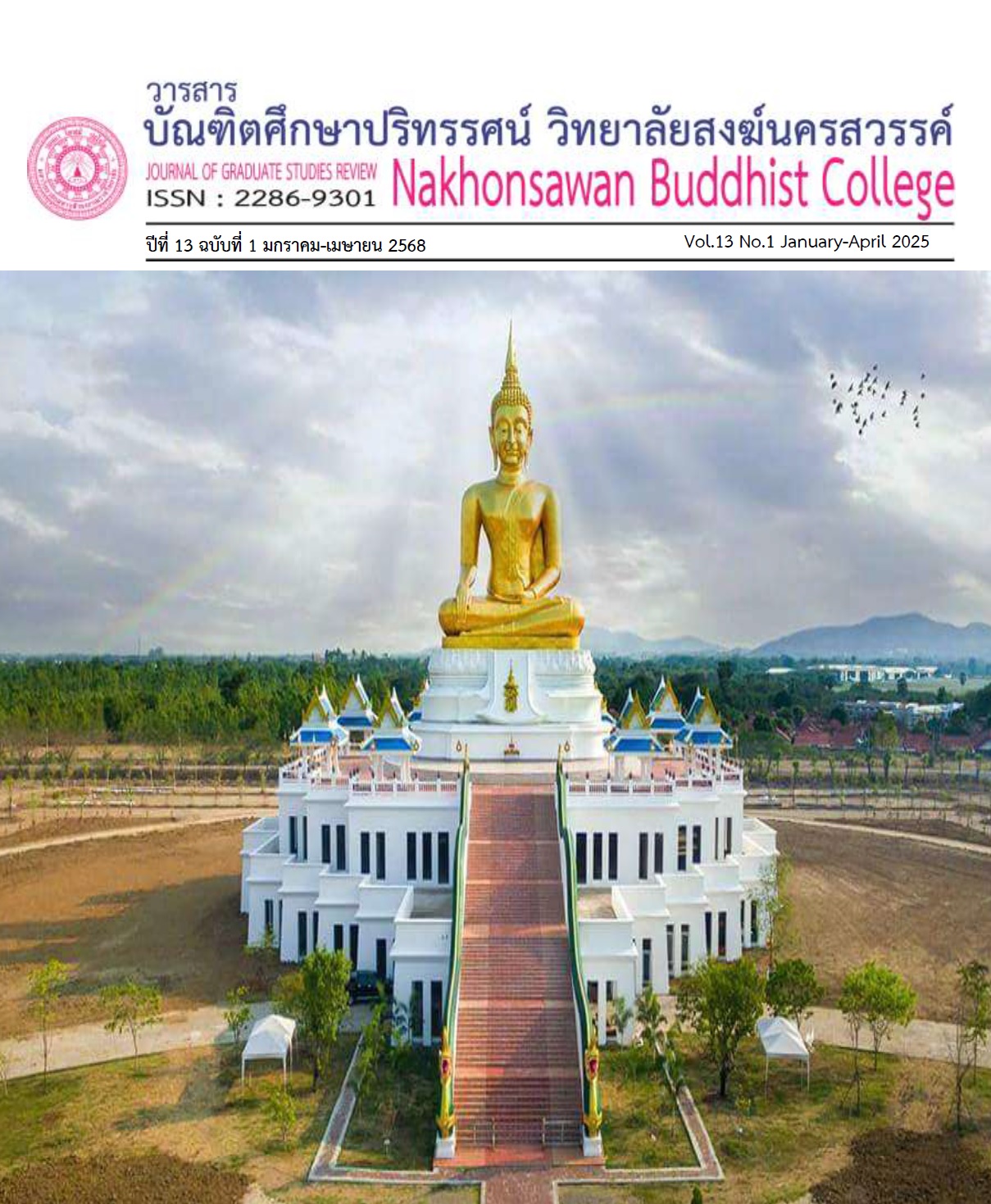สัญญาไม่เป็นธรรมในการจำกัดการใช้ประโยชน์ในที่ดินของวัด
Main Article Content
Abstract
In Buddhism, the temple is a main institution in Thai society. It is a 'juristic person,' with the abbot serving as its representative. The temple owns real estate, referred to as 'temple land.' According to the Civil and Commercial Code, the abbot, as a representative of a juristic person, has the authority to lease this land for business purposes to generate income, which is called 'benefit procurement.' However, the benefit procurement of the temple land typically involves the abbot renting out portions of land that are separate from the main temple site or religious property, such as vacant land, to private individuals or government agencies. This process of benefit procurement has legal problems. Specifically, the juristic person does not have full authority to manage and lease temple land. For this reason, temples must go through several procedures to obtain approval from the National Office of Buddhism and the Central Religious Property Budget Review Committee, which was established by a resolution of the Sangha Supreme Council to review and screen applications for the lease of temple land, temple religious property, and abandoned temples. Additionally, temples must receive approval from the Sangha Supreme Council before proceeding with benefit procurement (leasing) of temple land. This process is often unreasonably slow and may be unfair to individuals seeking to lease temple land. Therefore, it should be rectified.


